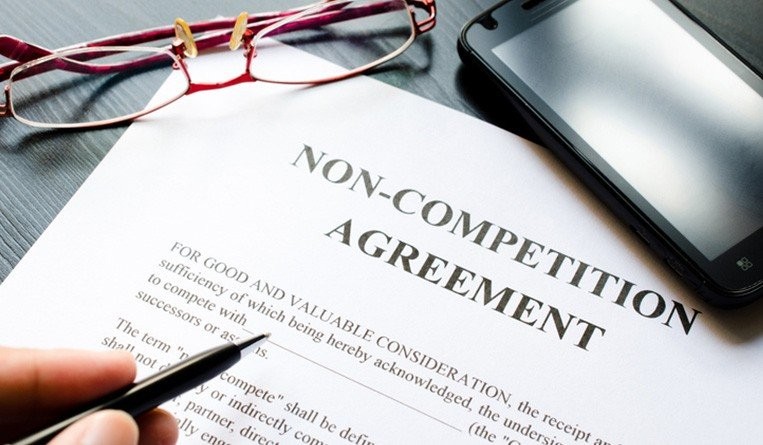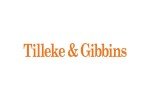Duplication of Your Business by Your Former Employees
17 December 2012

Intellectual property practices are frequently asked to advise clients whose intellectual property rights were stolen, hijacked, or infringed by former employees. In our experience, many clients have regretted trusting their employees – and in some cases, their business partners – with their IPR. When a business becomes successful, it runs the risk of some employees or business partners believing that they could set up a similar business and apply key insights gleaned from the company’s IPR to attract the same customers and gain greater profits and market share. When the fortunes of a business decline, a company may have to watch out for business partners or employees deciding to jump ship and setting out to utilize the IPR in what they hope will be a more effective fashion. There has been a recent increase in such cases here in Thailand which we have advised on. As the following examples indicate, precautions should be taken from the outset to avoid either scenario.
Case I: Copyright Infringement
Our client, a university professor, spent many years conducting research and teaching his students. He wrote textbooks, designed training courses, and opened a profitable English-language training academy in Bangkok, whose courses were accepted by Thailand’s Ministry of Education. As the academy expanded quickly, the professor decided to open additional branches throughout the country.
A few months later, after one of the Bangkok branch managers resigned, our client learned that his former employee had established an English training school in Phuket. An investigation revealed that some of his teaching materials were copied or adapted from the professor’s textbooks. A police team from Bangkok conducted a raid against this language school in Phuket based on copyright infringement, resulting in the seizure of the infringing course training materials. The owner of this school was successfully prosecuted before Thailand’s Central Intellectual Property and International Trade Court (IP&IT Court).
Case II: Trademark Infringement
As a result of a significant investment in a product development project, a pharmaceutical company planned to launch a new product which it hoped would increase revenue. After several management meetings to discuss the business plan and marketing strategies for the new product, they developed a product name to register as a trademark. Soon after, the manager of the manufacturing company led a spin-off from the mother company handling sales and distribution. The former employee started right away to manufacture and sell the product under the same name. As the Board of Directors of our client’s company had already finalized the decision to use this name and trademark, we were instructed to file a new application for this trademark with the Trademark Office. Surprisingly, our client was notified by the IP&IT Court that the former employee had filed a civil suit against our client for registering and using the trademark in dispute. During the trial, we focused on proving to the Court that this trademark was created by the management team of our client’s company, supported by evidence of the product development process. As a result, the Court ruled in our client’s favor and the trademark was allowed to register.
Case III: Trade Name and Trademark Infringement
A well-known tailor in Bangkok had developed a successful business method by selling his tailor-made suits to customers abroad. An associate of the tailor observed the tailor’s success and business methods, and then opened his own business in which he presented himself as our client and used our client’s business methods. Our client’s name, personality, and physical appearance were mimicked in an attempt to mislead the public that the ex-employee was actually the well-known tailor.
Unfortunately, the client’s business method was not of a complexity that afforded it patentability under Thai law. The boundary to this business is apparently quite low due to the ease of duplication. Nevertheless, our client had registered his name as a service mark for tailor services. Hence, we sent a cease-and-desist letter citing protection under the Trademark Act to the infringer and followed with a civil suit. Finally, the court rendered its judgment in our client’s favor by prohibiting the defendant from doing business under our client’s trade name and service mark.
Recommendations
To avoid scenarios similar to those described above, we recommend that our clients who are starting a new business conduct intellectual property due diligence to identify the IPR created, acquired, and owned by the corporation. With a list of these rights in hand, employers can then decide which employees should have access to the IPR. Employers need to prepare appropriate confidentiality, nondisclosure, and noncompetition agreements for the employees’ execution, as this will educate them on the what the company IPR is and how it should be treated during and after the course of employment, and legally obligate them to the terms and conditions once they sign the agreements.







